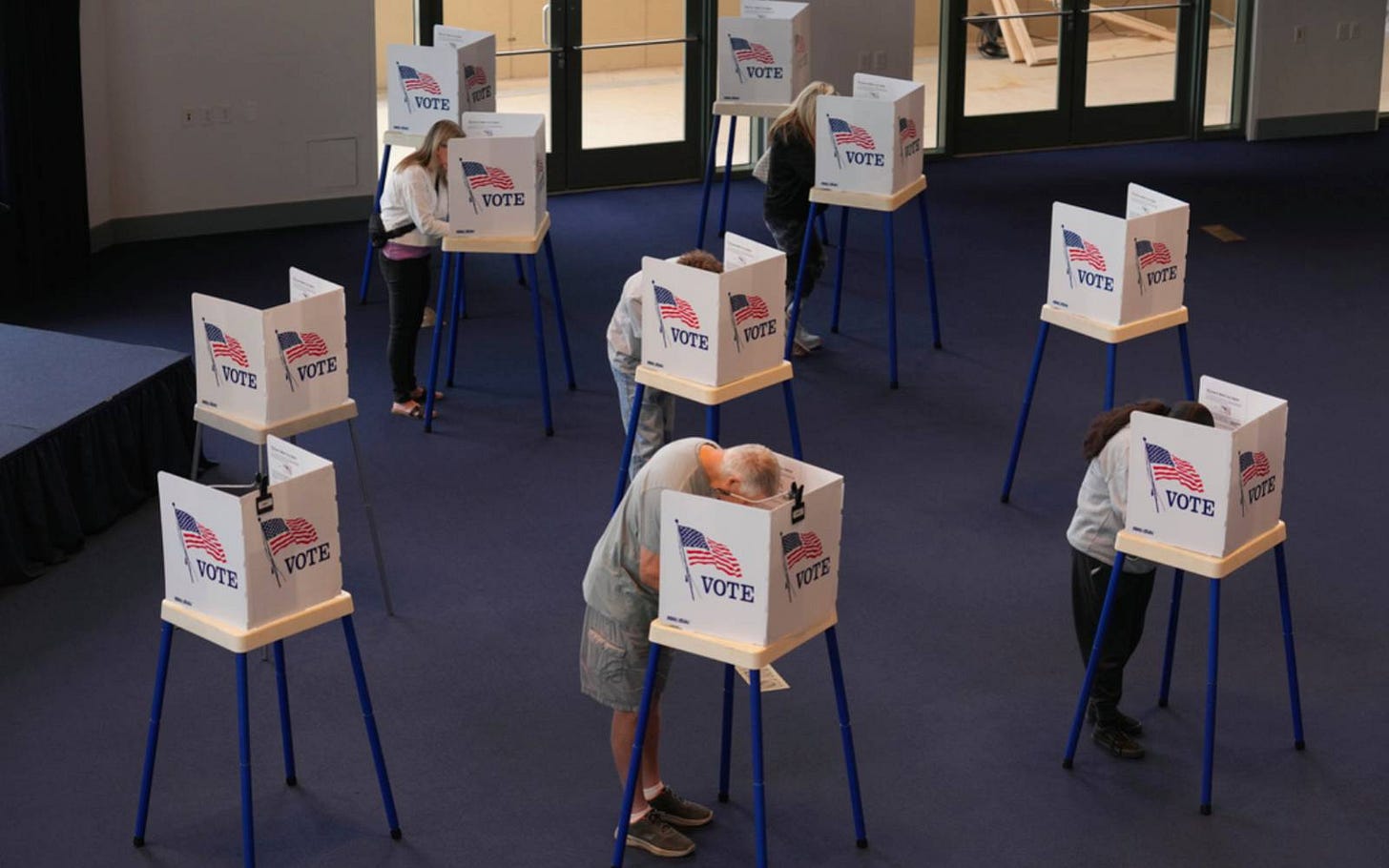Dear all,
Fear stinks. It is contagious. It has the stench of spoiled water with a yellowish, muddied color. The odor is unforgettable. It spreads, unlike many other vicious infections, not through the air or physical contact, but through silence. Silence enables this disease to thrive, multiply, and spread at lightning speed.
Fear can interrupt the processes in our brains that allow us to regulate emotions, read non-verbal cues and other information presented to us, reflect before acting, and behave ethically. This negatively impacts our thinking and decision-making, leaving us susceptible to intense emotions and impulsive reactions.
Fear adores silence. Its power becomes amplified. Despite its devastating impact on humanity over the centuries, there is still no vaccine or remedy. Patients live with the symptoms for years, even generations. In most cases, it is not directly lethal, yet it causes side effects far more dangerous than the contagion it carries—hypocrisy, apathy, acceptance of abuse, self-harm, shame, complacency, and aggression.
Over the past couple of months, I have had many discussions with professionals working in sustainability-related roles across different parts of the world about what is happening—about what we are witnessing. One of the most common takeaways from these discussions is a shared feeling of shock and abandonment. Some hope for the quick passing of the next four years, alluding to the time-limited tenure of the new American administration. Some try to focus on the few positive signals, seeing a light at the end of the tunnel. Some remain silent.
"It is hard to say anything when you have a gun pointed at your head," one person told me, referring to the aggressive dismantling of DEI (Diversity, Equity, and Inclusion) initiatives by companies that, just a few months ago, claimed to "stand firmly by their commitments."
One of the most intriguing comments I heard was about how the votes of 77 million Americans are destroying the world as we know it—a democratically elected destruction machine. Televised.
Companies are legal entities. Companies don’t have values—people have values. People work for companies. Companies are run by people: managers, executives, boards—humans. These people can have values that promote good things and values that promote and protect self-interest. This is completely understandable. Clients, customers, and shareholders are not aliens; they are humans. They have values too, or they don’t. The transactional nature of our dealings with each other within the framework of the current economic system allows for a certain degree of “values,” if those values do not interrupt self-gain for any party in a given transaction.
In other words, we demonstrate a certain level of commonly shared values related to diversity, equity, inclusion, and sustainability, if these values, projected through commitments, do not interrupt the transactional gain we expect to receive. Sustainability-related activities and commitments based on a set of projected values by legal entities, in this case companies, are only relevant if they are a transactional commodity. Sustainability is, by nature, relational. It requires relationship-building more than anything else.
For years, there have been attempts to transform a value-based approach to economic transactions (sustainability) into a transactional commodity attached to corporate brands, reporting, and a multitude of fluffy commitments. And, obviously, it has failed. Sustainability will need to find its way out not by searching for answers outside its domain, but rather deep within itself. Many sustainability professionals have misunderstood the underlying drivers of legal entities, failed to understand and analyze client and customer drivers, and walked too far on the clouds of conferences and various initiatives completely irrelevant to the underlying task of changing the economic transactional system into a relational economic exchange.
Obviously, today, sustainability values have no transactional monetary value for many companies, since the people running companies, sitting on boards, and investing in companies are too afraid to adopt these values. Infected by the disease of fear and some intoxicated by self-interest, they are now vengeful. (Now, they are not alone anymore in raising their voices.) Clients and customers of these companies never really understood all these high-level sustainability commitments since very little of that has been transformed into products and services they were and are buying. They don’t read 90-page sustainability reports when they buy a sack of rice, a loaf of bread, or a piece of clothing, let alone a spare part for a car.
The battle for clients and customers as key driving forces for relational sustainability is still alive and kicking and will determine the future of sustainability in the years to come. The recent drop in Tesla sales across the world clearly indicates exactly that. When a representative for a legal entity makes Nazi salutes, projecting his personal values, customers react—and they react in mass. Many leaders of legal entities around the world are denouncing their values—some more subtly, some more loudly—counting on the idea that their clients and customers will not react to this. Since clients and customers are “sheep,” easily misled and manipulated, they count on support from the financial community, run by biblical greed. A rather dysfunctional alliance with a very short-term survival prospect.
Keep reading with a 7-day free trial
Subscribe to ESG on a Sunday to keep reading this post and get 7 days of free access to the full post archives.



